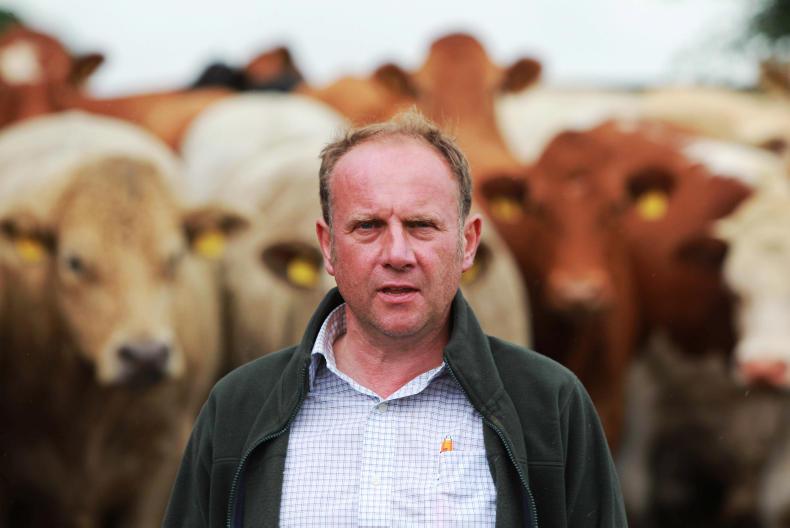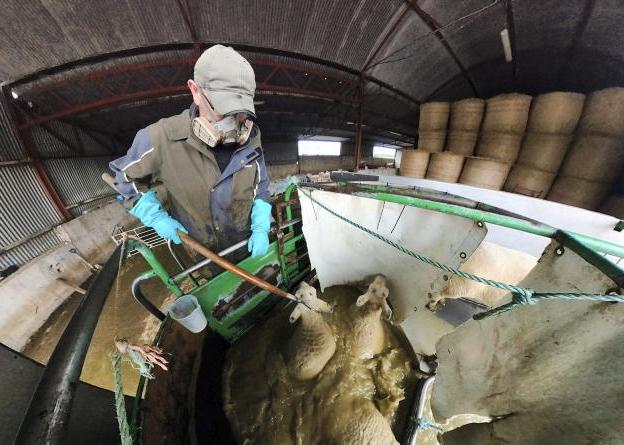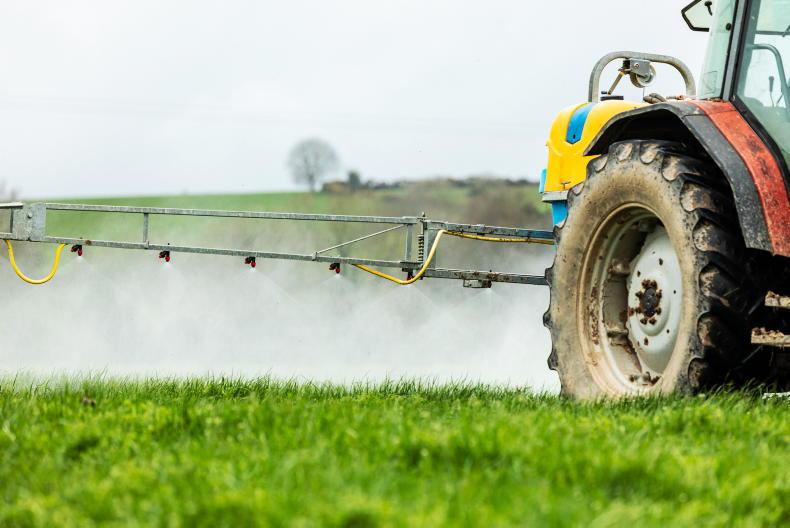I don’t do change well. In even the small things. Like if Mrs P changed the bedspread on the king-size divan, I’d ask her what did she do that for? You’d swear she’d hopped into the bed with the milkman which, I can’t stress enough, is extremely unlikely. In fact, the bearing on the rotating earth’s axis in the South Pole will fail first.
Or, equally, if a good Friesian store bullock (with an arse like an elephant) arrived back to the yard from Delvin Mart, instead of a continental, I couldn’t cope. I’d be on the blower to John Spaight and the fuss would be so great you’d swear he’d just dropped a lorry-load of in-calf Holstein cows in the yard.
So now you know why I stick with Fendt tractors. I couldn’t cope with the change to anything better. Though, as a younger man, I did buy a fine new Case tractor just to see if I could put up with the change. I couldn’t. The brilliant Case was gone in a year.
However, I did manage to change to min-till 20 years ago and even sold the plough. Yes, I hankered for a while and used to sit shaking in the hedge watching my neighbour Denis plough – with my tongue hanging out and salivating like Father Jack. In time, I got over it. Until this autumn…
Difficult future
So you may well ask, why I am so concerned with imminent change today. Let me tell you. I foresee a very difficult period of change ahead for all of Europe’s commercial tillage farmers.
You see, the golden age of chemical farming is about to change and change utterly.
Going forever are the days when new chemical product development greatly exceeded the number of old products being withdrawn. I’m talking about the heyday of chemical agriculture which was probably, on reflection, the late 1990s.
Now, 20 years later, it’s already changed to such a degree that 50% of those products have now been withdrawn.
The withdrawal of certain key fungicides such as chlorothalonil for septoria control in wheat will lead to yield loss. It was first introduced in 1966.
New product development is now so regulated and costly there’s only perhaps a dozen new actives coming to the market every couple of years. It costs €300m and 12 years of research and development to bring a new product to the market.
Faced with such costs and with no guarantee of regulation success, manufacturers are running shy of developing new chemicals, especially for the very highly regulated European market. And, of course, when new products do come on stream, they are very expensive and often no better than the older withdrawn product.
Chemical
Roundup will be a case in point. My favourite chemical – which I firmly believe is ultra-safe – is now into injury time. Unfortunately, I’d say it’ll be withdrawn within five years. Some new product may replace it but it’ll cost twice as much and only be half as good as Roundup.
It is these changes that I genuinely feel that I won’t be able to cope with. Machinery manufacturers such as Horsch have already reintroduced spring tine harrows and hoes for grubbing out weeds in the absence of chemical control. Such cultural methods (like ploughing) aren’t as environmentally friendly as you might think as every time you disturb soil, carbon is released and it uses more diesel. It’s like going back 60 years in time.
We are on the cusp of a new era where chemicals are extremely regulated and practically verboten. And we – the old guard – will be expected to grow beards and wear sandals.









SHARING OPTIONS